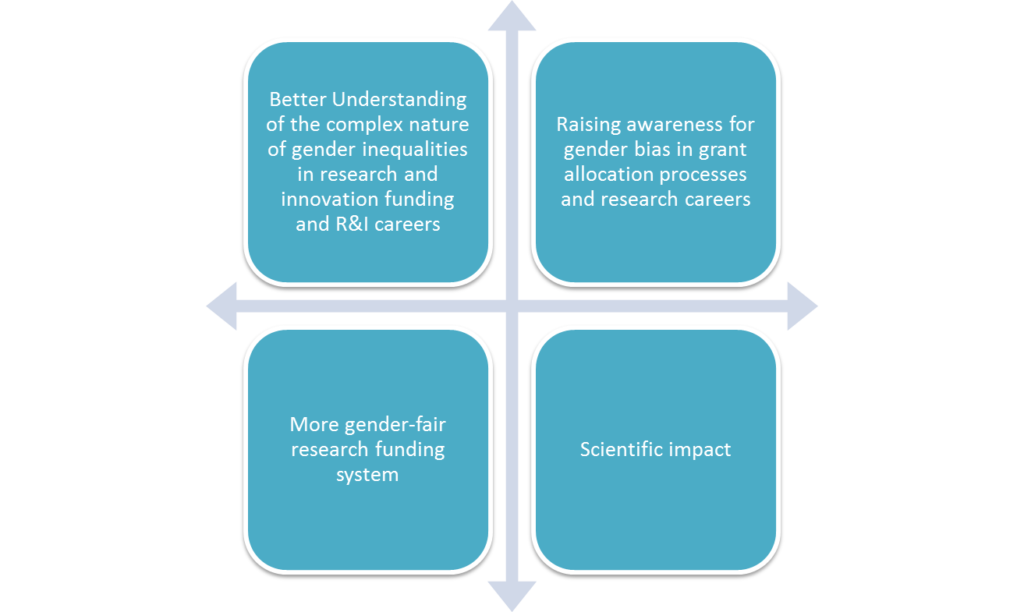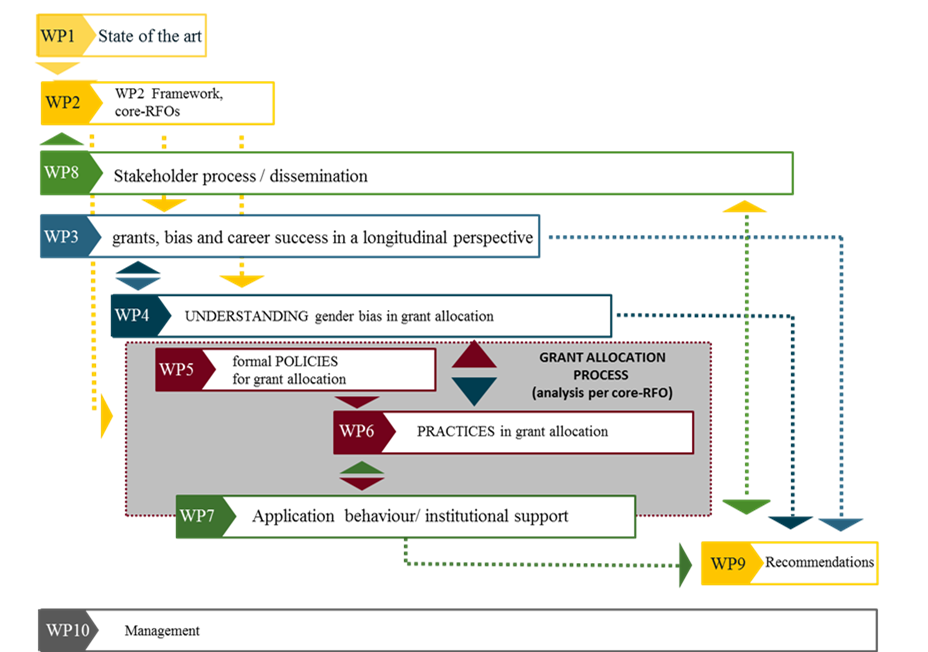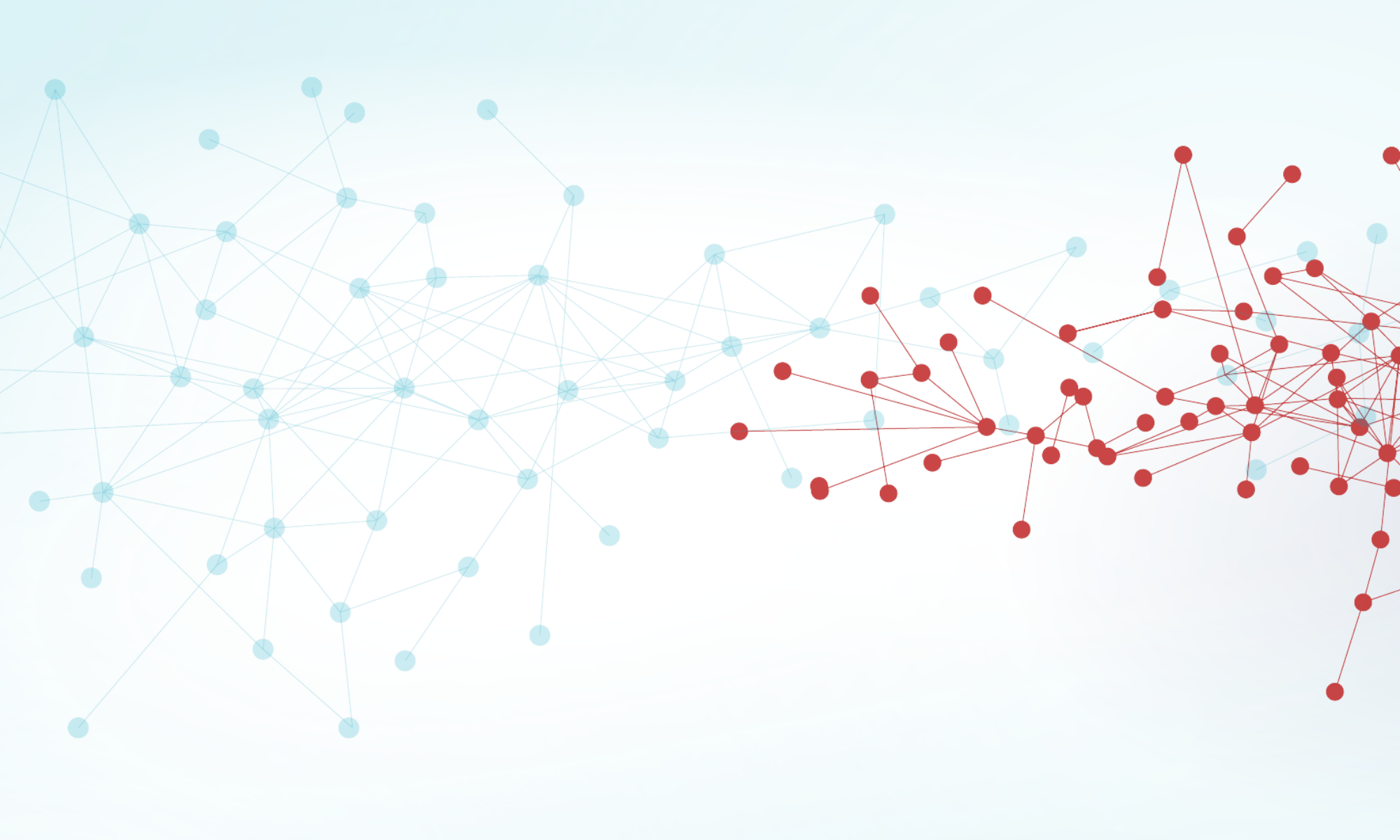The issues of (potential) gender bias and associated gender inequalities in grant allocation processes have been on the policy agenda for decades now.
The findings of Wenneras and Wold’s study in 1997 for example show that female applicants need to be 2.5 times more productive than men in order to receive the same assessment score as their male counterparts.
While various (potential) sources of bias are mentioned in the literature, a great number of studies argue that gender bias does not exist. Nevertheless, grants play an increasing role in research careers which are at the same time characterized by strong gender inequalities and disparities. More empirical evidence on the prevalence of gender bias in research funding and on its possible consequences on careers of male and female researchers is necessary to shape a more gender-fair research funding system. The GRANteD project will contribute to this endeavour through identifying factors that cause gender imbalances before, during, and after grant submission.
A main objective of the project is to develop a sound methodological approach that is able to handle the complex nature of the problem under investigation.

Description of Workpackages
WP1 and WP2 perform some preparation activities, such as an in depth literature review, the detailed elaboration of the research models, and the selection of core-RFOs for in-depth analysis.
WP2 develops the methodological approach on identifying gender bias in research funding and research careers. The selection of case studies is another important task of WP2.
WP3 covers the longitudinal study of the relations between performance, grant success and career success.
WP5, WP6 and WP7 study various aspects of practices and procedures in grant allocation, as well as the gender equality policies.
WP8 includes the stakeholder interaction, and WP9 compares the studied core-RFOs and grant schemes. It integrates the findings and formulates the conclusions and recommendations.

GRANteD structure of work packages

